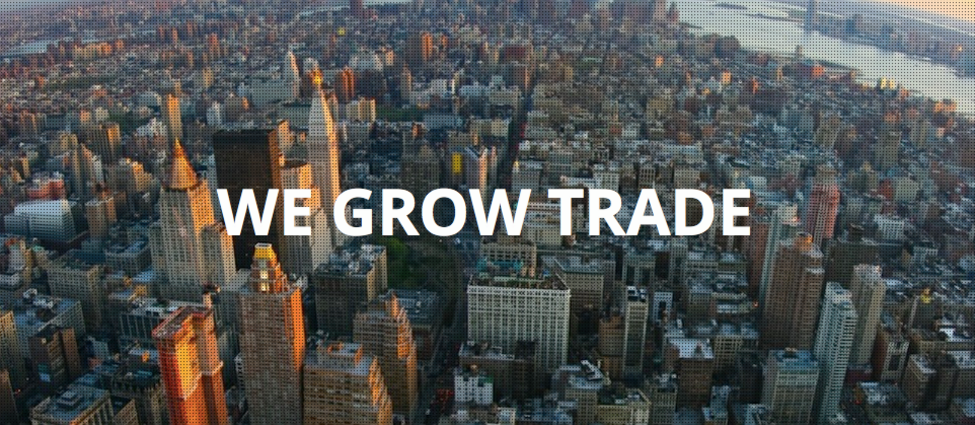

The 30th Annual International Drug Enforcement Con

Moscow, June 7th. The 30th Annual International Drug Enforcement Conference was held at the World Trade Center Moscow from June 5th until June 7th and has come to an end today.
This is the first time Moscow hosts the International Drug Enforcement Conference.
Russia’s President, Vladimir Putin, came to welcome the delegates during the opening ceremony. Directors of anti-drug authorities from more than 100 countries as well as heads of various international organizations such as The United Nations, the Shanghai Cooperation Organization, the Collective Security Treaty Organization, BRICS and many others took part in the conference. Many delegations were headed by top rank government officials.
As part of the 30th Annual International Drug Enforcement Conference, BRICS members held the very first meeting of directors of drug enforcement forces. The meeting was held in accordance with the agreements reached by the heads of the BRICS countries at their fifth summit, which was took place on March 26th and March 27th, 2013 in Durban, South Africa, as well as the eThekwini Declaration and the eThekwini Action Plan. The event was held on the year that wrapped up the first five-year cycle of BRICS summits. Next year, the BRICS presidency will get passed on to Brazil. The following people took part in the meeting: Cesar Luis Souza, the general coordinator of policy against drug addiction in the Department of National Police of the Republic of Brazil; Liu Yanping, vice minister of the Ministry of Public Security of the People’s Republic of China; Rajiv Mehta, Director General of the Narcotics Control Bureau of the Republic of India; Nathi Mthethwa, Minister of Safety and Security of the South African Republic.
It was noted that the biggest threat to international peace and safety is posed by the two major centers of drug production – Afghanistan and South America. The BRICS countries, therefore, feel the most pressure. For that reason, participants of the meeting focused mostly on questions relating to collaboration, cooperation and developing contacts in the sphere of global anti-drug trafficking. It was agreed to create a working group for the directors of drug enforcement officials on the eve of the next BRICS summit, which should be held in September of this year.
Talks were held between the leadership of the Federal Drug Control of the Russian Federation and the Ministry of Internal Affairs of the Republic of Macedonia during the conference. The two sides signed an agreement to collaborate in the area of drug control from 2013 until 2015. The agreement was signed by Oleg Safonov, deputy director of the Federal Drug Control of the Russian Federation, on the Russian side and Gordan Yankulovkiy, the Minister of Internal Affairs of the Republic of Macedonia, on the Macedonian side. In accordance with the newly signed agreement between the two sides, the Federal Drug Control of the Russian Federation and the Ministry of Internal Affairs of the Republic of Macedonia will exchange information regarding illegal drug trafficking, conducting investigative operations, exchanging opinions and experiences in the drug control sphere as well as creating schemes to raise qualifications of its personnel.
The Annual International Drug Enforcement Conference has been held since 1983. The annual sessions rotate between member countries and are organized for the heads of national special forces that are responsible for drug control. The aim of the conference is to exchange information in the spheres of drug control and creating counter-measures for clamping down on the international drug trade.
The Russian Federation joined the conference as a full-time member in 2006. A conclusion and evaluation of the activities of the different national drug enforcement authorities over the past 30 years were drawn at this year’s conference. Being the host of the 30th annual conference will also the Russian Federation to draw the attention of the international community on consolidating its efforts in the battle against the international drug crimes